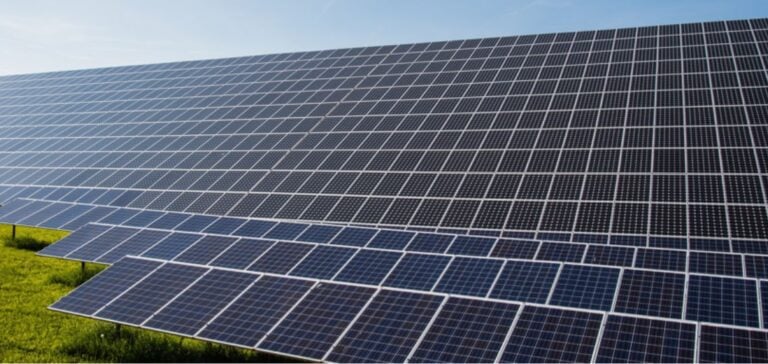Japan has embarked on an in-depth review of its energy policy in order to meet the growing demand to reduce greenhouse gas (GHG) emissions. As part of this initiative, the government is aiming for a 60% reduction in GHG emissions by 2035, a crucial step towards achieving the climate targets set at COP28. This revision marks a decisive turning point for the country, often perceived as dependent on fossil fuels.
An Evolving Strategic Plan
In May 2023, Japan launched a series of discussions to develop a new Strategic Energy Plan, scheduled to be finalized by the end of fiscal year 2024-2025. This plan, a pillar of national energy policy, is essential for strengthening energy security and accelerating decarbonization. The Minister of Economy, Trade and Industry (METI), Ken Saito, stressed the importance of this plan in a global context marked by geopolitical instability and energy supply risks exacerbated by the war in Ukraine and tensions in the Middle East.
Towards a Flexible Energy Transition
The revision of the Strategic Energy Plan coincides with the need to formulate a new Nationally Determined Contribution (NDC) for 2035. The government, under the leadership of Prime Minister Fumio Kishida, is focusing on the flexibility of the country’s energy structure. At a meeting of the “GX 2040 Vision” working group in May, Kishida stressed the importance of a flexible approach to adapting to unforeseen changes in the energy sector.
Objectives and challenges
Japan’s current target, according to the 6th Strategic Energy Plan, is to increase the share of non-fossil energy sources to around 60% of the electricity mix by fiscal 2030-2031. Renewables should account for 36-38% of the mix, nuclear 20-22%, and hydrogen/ammonia around 1%. However, this transition to low-carbon energy poses considerable challenges, particularly in terms of technology and stability of supply.
Implications for Industry
The revision of the Strategic Energy Plan is being closely scrutinized by industrial players, who see it as a guide for their investment and energy procurement decisions. The flexibility envisaged by the government could enable more dynamic adaptation to market fluctuations and technological advances, strengthening the resilience of Japan’s energy sector in the face of global uncertainties. The revision of Japan’s energy policy and the establishment of a new strategic vision for 2040 demonstrate the country’s commitment to playing a leading role in the fight against climate change. This transformation, though complex and demanding, is essential to guarantee a sustainable and secure energy future for Japan.






















